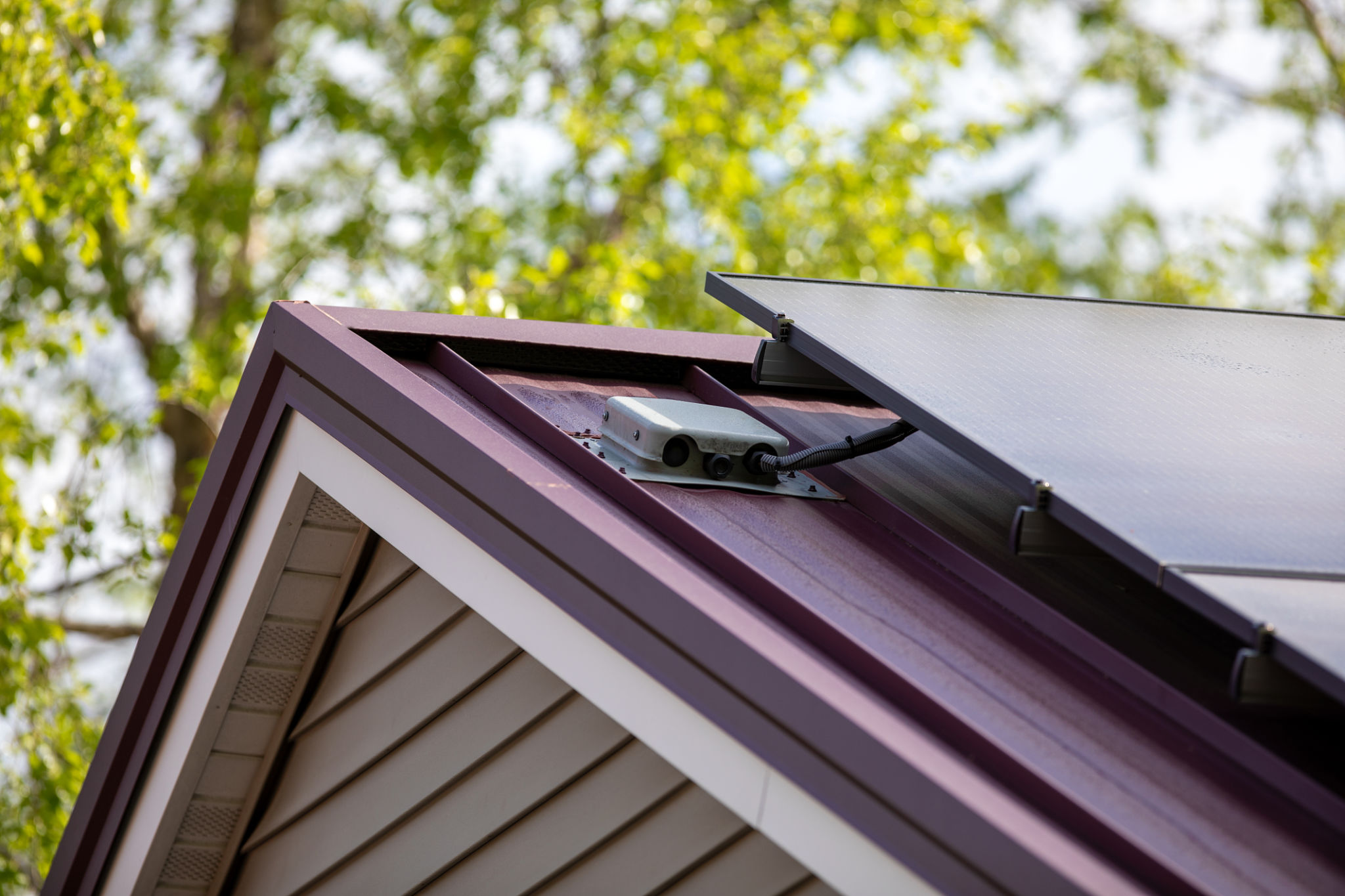Expert Guide to Choosing the Right Rooftop Solar Solutions in Gwalior
Investing in rooftop solar solutions is a significant decision for homeowners and businesses in Gwalior. With the growing emphasis on sustainability and reducing carbon footprints, solar energy offers a viable and eco-friendly alternative. However, choosing the right system involves careful consideration of various factors to ensure optimal performance and value for your investment.
Understanding Your Energy Needs
Before diving into the selection process, it's crucial to assess your current energy consumption. Analyze your electricity bills over the past year to determine your average monthly usage. This understanding will help you decide on the size and capacity of the solar system you need.
Consider both your current and future energy needs. If you plan on expanding your home or business, factor in the additional energy requirements. A well-sized system will cater to your energy demands without excessive surplus or deficit.

Evaluating Roof Suitability
The next step is to evaluate whether your roof is suitable for solar panel installation. Consider the following:
- Orientation: South-facing roofs are ideal as they receive maximum sunlight throughout the day.
- Angle: The tilt of your roof can impact efficiency. A tilt between 15 to 40 degrees is generally optimal.
- Shading: Ensure there are no obstructions like trees or buildings that cast shadows on your roof.
If your roof doesn't meet these conditions, consult with a solar expert to explore alternative solutions, such as ground-mounted systems.
Choosing the Right Solar Technology
Solar panels come in various types, each with distinct advantages:
- Monocrystalline Panels: Known for high efficiency and durability, suitable for limited roof space.
- Polycrystalline Panels: More affordable but slightly less efficient than monocrystalline options.
- Thin-Film Panels: Lightweight and flexible, ideal for unconventional surfaces but generally less efficient.
Select a type that aligns with your budget, space availability, and efficiency requirements.

Partnering with a Reliable Installer
Choosing a reputable solar installation company in Gwalior is crucial for a successful transition to solar energy. Look for installers with:
- Experience: Companies with a proven track record ensure quality service and reliable installations.
- Certifications: Verify if they hold necessary certifications and licenses to operate in your region.
- Customer Reviews: Research customer feedback to gauge service quality and customer satisfaction.
A trustworthy installer will guide you through the entire process, from design and installation to maintenance and support.
Considering Financial Options
The cost of solar installations can be substantial, but several financial options can make it more affordable:
- Government Incentives: Look for subsidies or tax incentives offered by local or national governments.
- Solar Loans: Financing options can help spread the cost over time, making it easier on your budget.
- Leasing Options: Some companies offer leasing plans where you pay a monthly fee instead of an upfront cost.

By exploring these financial avenues, you can find a solution that aligns with your financial capabilities while maximizing the return on investment.
The Importance of Maintenance
Once your solar system is installed, regular maintenance is key to ensuring its longevity and performance. Schedule periodic inspections to check for any issues such as panel damage or dirt accumulation. Some companies offer maintenance packages that include cleaning and inspection services, providing peace of mind for system owners.
With proper maintenance, your rooftop solar solution will continue to provide clean energy for years to come, significantly reducing your carbon footprint and energy costs.
In conclusion, choosing the right rooftop solar solution in Gwalior involves understanding your energy needs, evaluating your roof's suitability, selecting the right technology, partnering with a reliable installer, considering financial options, and committing to regular maintenance. By taking these steps, you can make an informed decision that benefits both your finances and the environment.
